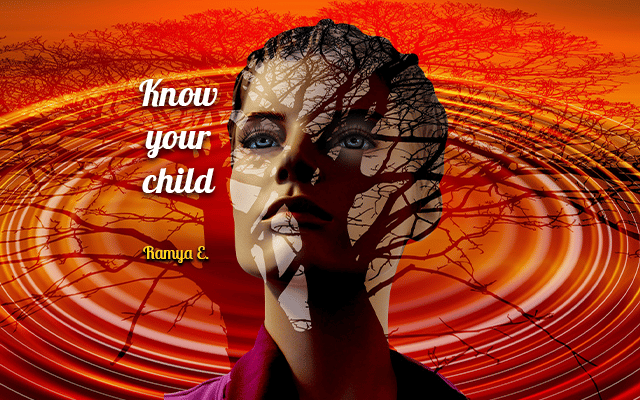In general, genetic conditions, physical characteristics or few diseases are passed on from one generation to another. In some cases traumas are inherited. Trauma is described as few experiences that happens in an individual’s life that creates serious harm whether it is physical, mental or emotional. In this case the situations seem to be out of control. This trauma can be mild, can be seen at shallow level but it can affect children in different ways.
Children who are vulnerable or susceptible can easily pass through this trauma. People from older generations too have witnessed abuse, harassment or series of negative experiences. When it is passed down to next generation the frequency might vary but it has its effects.
A traumatised grandmother who is emotionally distant and always moody, may not interact with the grandchildren or children. This might set a rule in the house and even her children will carry the same thing. Unresolved feelings or inexpressive or hidden emotions can be vented out in different ways.
Family situations where elders use alcohol or drug to avoid pain and difficulties or become aggressive, may eventually pass the same vibe to younger generations. When these traumatic situations are not resolved, people will carry this from one generations to another.
When one of the parents is physically, verbally or sexually abused cannot maintain healthy relationship with the child unless the trauma is resolved. There is a chance of developing ego defensive mechanisms such as denying the reality or avoiding that effect of trauma is minimal but actually it is high.
Children who come in contact with such situation are confused and may punish themselves for being what they are. This habit might continue for the rest of the generations. For instance a mother who is overly anxious, overly aggressive, yell at her child for every silly mistake her child does. This makes the child’s self-esteem low, and it develops a shy nature or sometimes imitate the mother’s behaviour. When he/she becomes an adult one of the carried trait will be dominated and continue to the next generation. This is how behavioural issues are carried on from generation to generation.
The parents who are emotionally unavailable or neglectful towards their children are more prone to carry this trauma. This has a long term effect on children. The latter’s behavioural, and psychological damages are the results of these behaviours.
How to minimise this issue
Definitely this transmission cannot be avoided but it can be minimised with conscious efforts of parents. There are so many things a child can learn from seeing his/her parents. So this can be easily imitated. Hence every time you get a thought of emotionally being numb or detached, make conscious efforts to share the feelings among family members. Try to break the stigma. This way it is possible to provide a healthy environment at home.
Depending upon the severity of the problem, make sure you consult a therapist if needed. Your child’s happy future is not always dependent on how well you provided all the necessary things but it’s about whether you are available for them when they need you the most.
Image by Gerd Altmann



















